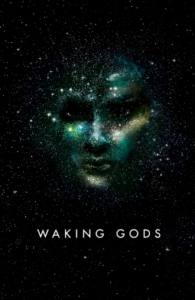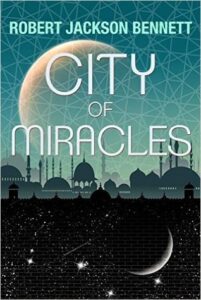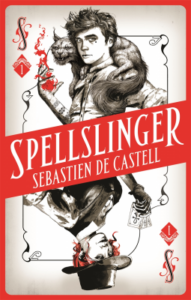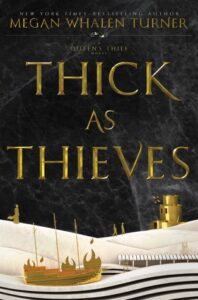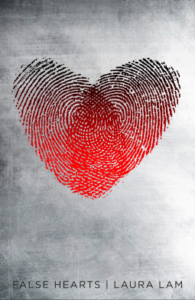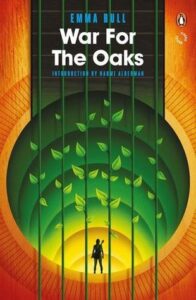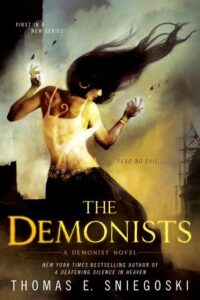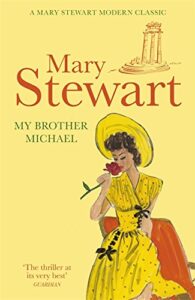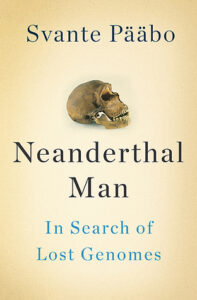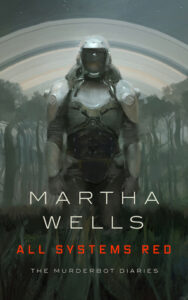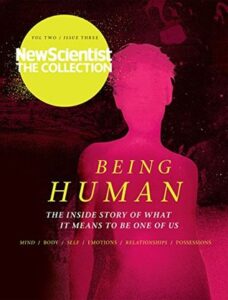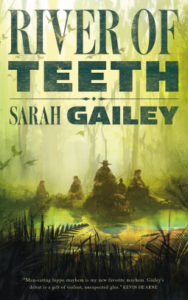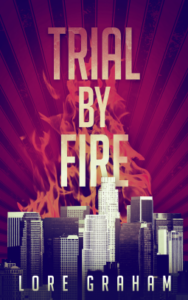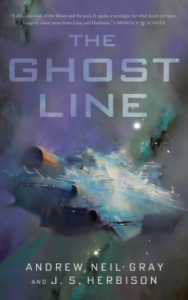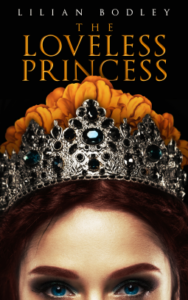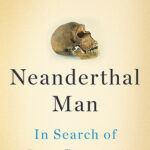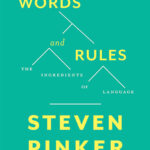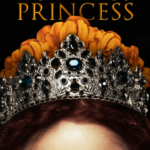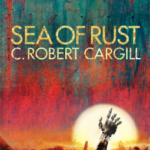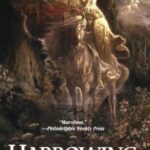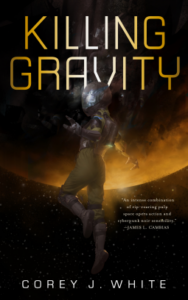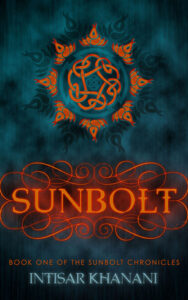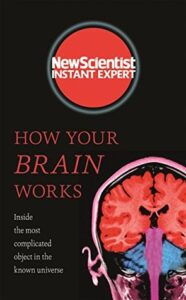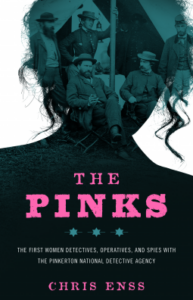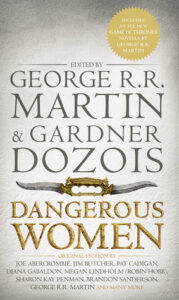 Dangerous Women, ed. Gardner Dozois & G.R.R. Martin
Dangerous Women, ed. Gardner Dozois & G.R.R. Martin
Overall, the whole collection is pretty disappointing to me. The stories might fit the theme of ‘dangerous women’ on a technicality, but few of them feel genuinely dangerous. Usually the twist is that, surprise! She’s not a good girl after all! Righto.
‘Some Desperado’, by Joe Abercrombie — One of the better ones in the collection. The main character is, indeed, a desperado, and things don’t go too well for her — but she defends herself and keeps on running.
‘City Lazarus’, by Diana Rowland — I’ve kind of avoided Rowland’s work since I saw her on a panel at a con and all she did was sell her work, and this didn’t really change my mind. The writing is okay, but lord, the set-up is so typical and the twist so obvious.
‘Hell Hath No Fury’, by Sherrilyn Kenyon — The title doesn’t even make sense, since the ‘woman scorned’ is actually driven out of a village she helped to found, not just scorned. She lays a curse on the land, people with cameras come in long after and try to film a paranormal exposé, she rips ’em to shreds. Yawn. Isn’t this an episode of Supernatural?
‘The Hands That Are Not There’, by Melinda Snodgrass — For a female author, wow does she cater to the male gaze. I didn’t get through the bar scene.
‘Caretakers’, by Pat Cadigan — This kind of… fizzled, for me. It was slow and it took a long time to get where it was going, and once it got there, it wasn’t such a shock at all.
‘Nora’s Song’, by Cecelia Holland — It’s Eleanor of Aquitane, it should be completely badass. Didn’t work for me, though.
‘Bombshells’, by Jim Butcher — Skipped entirely, with a side-eye at the spoiler for the Dresden Files in the intro. I get that it’s been out a long time, but maaaan.
Rating: 2/5
